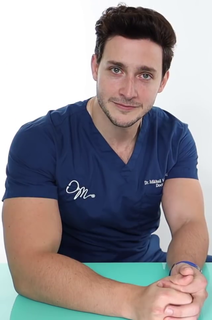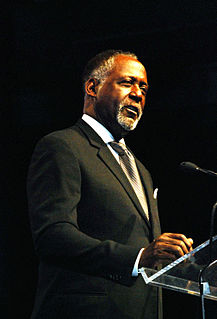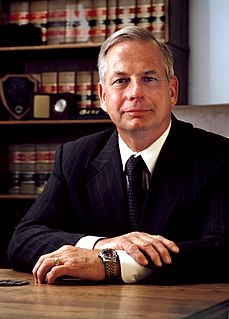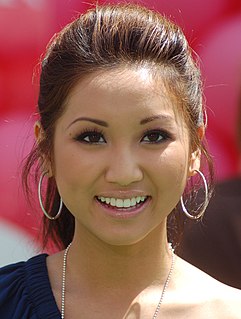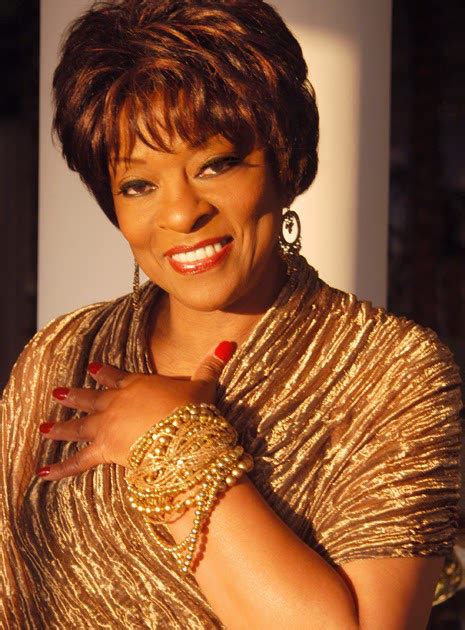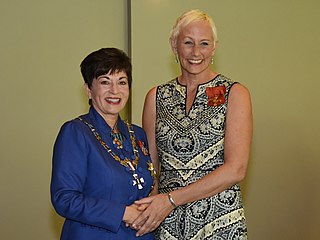A Quote by Mikhail Varshavski
I'm a family doctor, and a big part of what I do is preventative care, and breast cancer is one of the illnesses that women suffer from greatly in this country.
Related Quotes
I would tell a newly diagnosed young woman that breast cancer is a complex disease which can be frightening and confusing, and it's normal to experience these emotions, and having a good support system is important. Be an active participant in your treatment, follow your doctor's instructions and ask questions. Also, I would tell her that there have been many advances in breast cancer and women are now living much longer.
Since the fright of breast cancer hit our family, I have been surprised by how many people are dealing with breast cancer in their own family or with a loved one. One friend bluntly told me that she has been through it with her sister, her mom, and her grandmother, and all are healthy and mentally stronger because of the disease.
Being a breast cancer survivor, as I like to call myself - it will be twenty years next year - I did it to make it possible for women to do regular self breast examinations. It's really important - and, it makes common sense: you know your body better than the doctor does who only sees you once a year, you know?
Everybody has someone in their life that has breast cancer. It touches femininity, motherhood and sexuality and as Barbara Brenner says in the film, "you get to say breast out loud in public." Big corporations know this and market in a particular way knowing that women make most of the buying decisions in a household.
